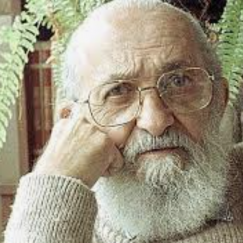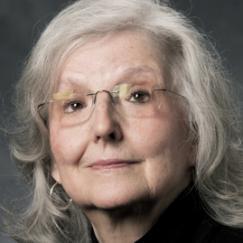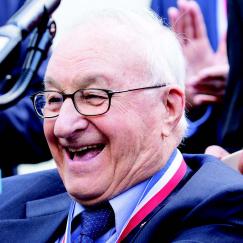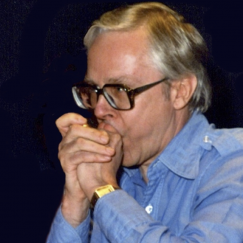The opportunistic teacher who embraces the leisure interests of his pupils in the hope of leading them to higher things is as frequently unsympathetic to the really valuable qualities of popular culture as his colleague who remains resolutely hostile. A true training in discrimination is concerned with pleasure.
Bio/Short Description
For a generation of literacy educators, Donna Alvermann gave them permission to explore media and popular culture as a literacy practice. Donna is an American educator and researcher in the field of language and literacy education whose work focuses on adolescent literature in and out of the classroom, including multiliteracies, interaction with new media, and digital literacy. She is currently the appointed Omar Clyde and Elizabeth Parr Aderhold Professor in Education (an endowed faculty research position at the University of Georgia), and an appointed University of Georgia distinguished research professor (most recent reappointment 2018–2023). She is a tenured professor of Language and Literacy Education at the University of Georgia. Some publications include:
Alvermann, D. E. (2015). Being in the moment: Implications for teaching and young people's digital literacies. Journal of Adolescent & Adult Literacy, 58(8), 625–631).
Alvermann, D. E., Marshall, J. D., McLean, C. A., Huddleston, A. P., Joaquin, J., & Bishop, J. (2012). Adolescents' web-based literacies, identity construction, and skill development. Literacy Research and Instruction, 51(3), 179–195.
Alvermann, D. E., & Moore, D. W. (2011). Questioning the separation of in-school and out-of-school contexts for literacy learning: An interview with Donna E. Alvermann. Journal of Adolescent & Adult Literacy, 55(2), 156–158.
Alvermann, D. E. (2011). Moving on, keeping pace: Youth's literate identities and multimodal digital texts. In S. Abrams & J. Rowsell (Eds.), Rethinking identity and literacy education in the 21st century. National Society for the Study of Education Yearbook (vol. 110, part I, pp. 109–128). New York: Columbia University, Teachers College.
HOW THEY INFLUENCED YOU?
Other Grandparents
 Seymour Posted By: Renee HobbsOn:03/14/2022 - 21:09
Seymour Posted By: Renee HobbsOn:03/14/2022 - 21:09
 PaoloPosted By: Renee HobbsOn:07/22/2021 - 16:11
PaoloPosted By: Renee HobbsOn:07/22/2021 - 16:11
 DonnaPosted By: Renee HobbsOn:03/22/2021 - 00:57
DonnaPosted By: Renee HobbsOn:03/22/2021 - 00:57
 Albert Posted By: Renee HobbsOn:11/27/2020 - 22:15
Albert Posted By: Renee HobbsOn:11/27/2020 - 22:15
 Barry Posted By: Renee HobbsOn:01/04/2020 - 04:25
Barry Posted By: Renee HobbsOn:01/04/2020 - 04:25



Renee Hobbs
I first learned of the work of Donna Alvermann around the year 2000, when she and her doctoral student Margaret Hagood published this work:
Alvermann, D.E., & Hagood, M.C. (2000). Fandom and critical media literacy. Journal of Adolescent and Adult Literacy, 43, 436–446.
It was like a bolt from the blue: finally, the literacy educators had discovered that popular culture (like TV, videos, music, movies, and games) are texts. and that "reading" media is a literacy practice. Over the past twenty years, it has been a very validating experience to see the field of literacy studies move closer to media literacy pedagogy and practice, and Donna's leadership has played a huge role in helping literacy educators and scholars expand the concept of literacy.